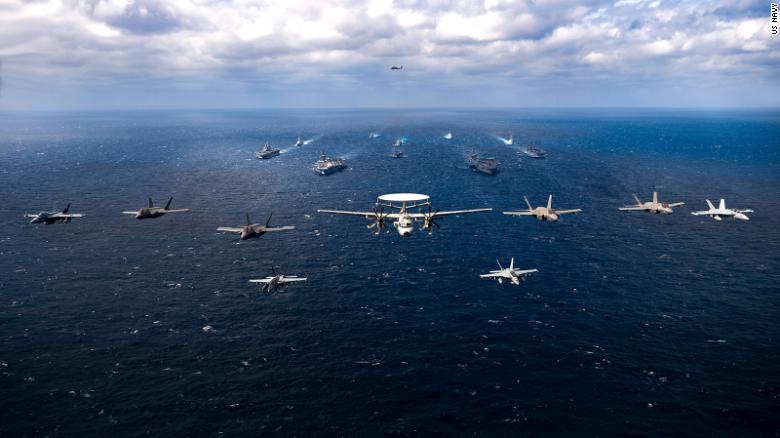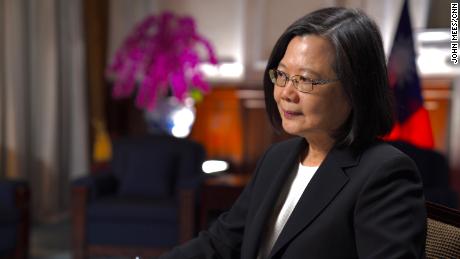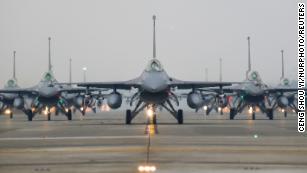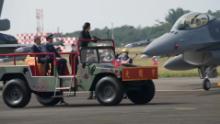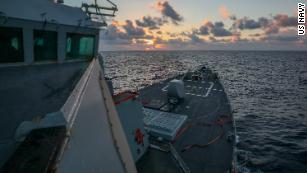On 25 January 2022, UNESCO inaugurates the International
Since then, women have been joining more and more key positions in UN organizations, in the diplomatic representations of their countries and in a number of multilateral institutions and they have been advancing gender equality, peace, and human rights, advocating for equal access to health, education and participation in decision-making at all levels, including the right to vote. Ending violence, harassment and discrimination against women and girls remains a high priority on the United Nations agenda, especially after such incidents spiked during COVID-19 confinements around the world.
An International day of Women in Multilateralism is needed both to keep the memory of the crucial contributions of women leaders at the inception of the United Nations vivid and at the same time to make visible the role of contemporary women leaders and encourage the young generation. We are witnessing a rise in the number of women leaders in the sphere of global politics, economics and human rights. However, women remain largely underrepresented in many other spheres of power and decision. Women represent only 23% of delegates in peace keeping processes led or co-led by the UN. Only 28.6% of peace agreements included gender provisions in 2020 (down from 37.1% in 2015). Such evidence is startling, especially since it has been shown that peace agreements are more successful and more long-lasting when women participate in the negotiations and when they are gender-sensitive from the start.
Women’s leadership in multilateralism is a priority for UNESCO’s Director General, Audrey Azoulay. Together with the Prime Minister of Iceland, Katrín Jakobsdóttir, she issued a challenge to the international community to define a new kind of multilateral leadership to achieve gender equality. They argued that feminist leaders are not just instrumental to the achievement of gender equality, they are indeed designers of systemic change. They have the courage to create, educate, innovate. Feminist leaders expose injustices and unequal opportunities. They know that gender inequalities stem from discrimination and exclusion and that it is only by lifting these barriers that real change can happen.
In her message for International Day of Women in Multilateralism 2022, UNESCO’s Director-General is re-launching this call for a “collective reflection to address the specific challenges of women in order to guarantee them a fair representation at all levels”. This will require actions endorsed multilaterally and addressing root causes of inequalities.
UNESCO is committed to provide a global platform to open up horizons for new generations of women and enable them to co-shape multilateral decisions that will have an impact on the future of gender equality in education, sciences, culture, communication and information. UNESCO stands together with its international partners to work towards the Sustainable Development Goals for gender equality and to effect the change as called for by the UN Secretary General Antonio Guterres “Today, women's leadership is a cause. Tomorrow it must be a norm. This is how we will transform international peace and security.”

